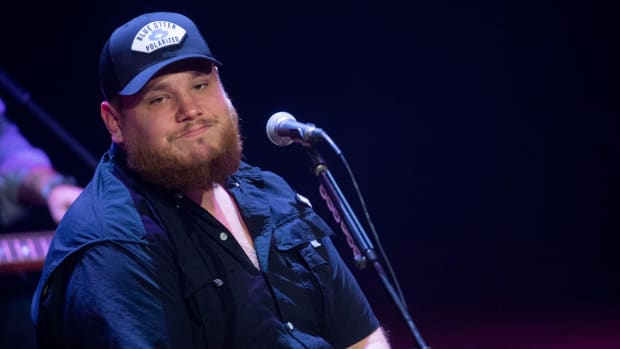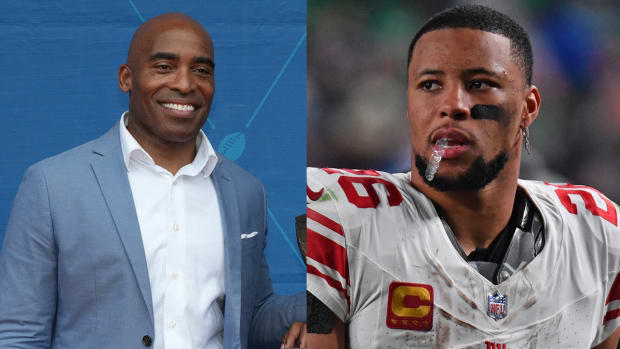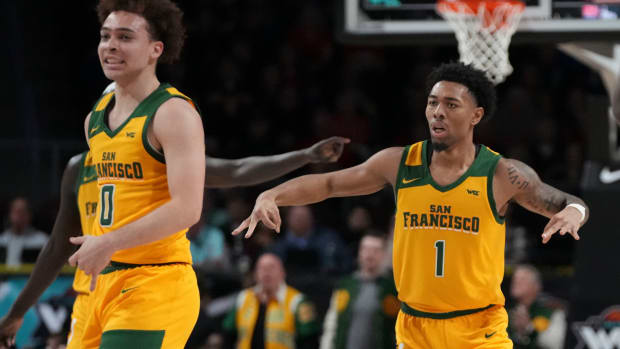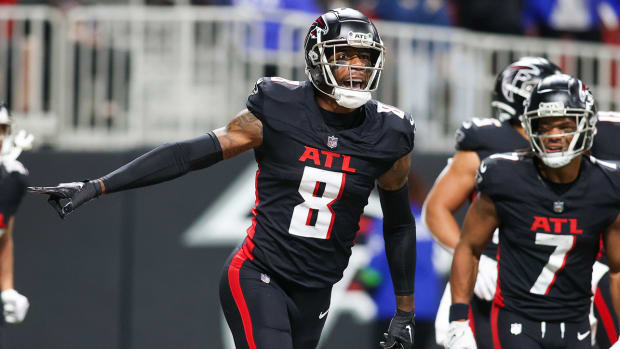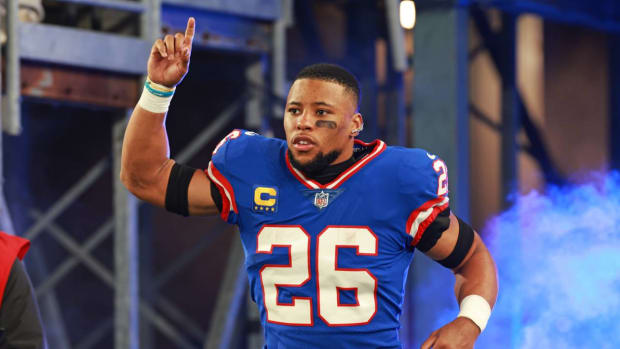The Story Behind How 'Draft Day' Went from Script to Reality
Former Extra Mustard headman Neil Janowitz conducted an interesting interview with Rajiv Joseph and Scott Rothman, the screenwriters of the recently released movie Draft Day. You can read the interview in its entirety here, but below are a few choice excerpts.
September 2010: “He linked us up with the GM of the Jets.”
Scott: We were all set to write Draft Day, but we put it aside when Bengal Tiger was named a finalist for the Pulitzer Prize and hit Broadway. That allowed us to watch football, get drunk, and talk about it. A friend of mine writes for the New York Post, and he connected us with Steve Serby, who covered the Giants. We interviewed him about what he knows about the GM position, and then he linked us up with Mike Tannenbaum, who was then the GM of the Jets. That was the best thing that could have happened.
R: This was around the time of Darrelle Revis’ first hold-out, and when the Jets were on Hard Knocks.
S: We figured Tannanbaum would give us like, five minutes, but we ended up talking for about an hour and a half — to the point where we were like, “Listen, Mike, we have other s–t to do than hang out on the phone with you all day.” But he was a great GM who had pulled interesting moves on draft day, so it was good to get his perspective.
R: We learned so much. We vaguely knew about things like the Wonderlic test, but we didn’t realize the extent to which teams assess the lives of prospects. He told us about how teams employ retired cops or secret service agents who look into the backgrounds of players. We would’ve never come up with that, and it aligned with an important theme in the script — how do you evaluate the guy, not the player?
S: By the time we talked with Tannenbaum, we knew what we wanted to do story-wise. It was more a matter of, “Here’s what we want to happen. A. Are we crazy, and B. How could we make it pass the sniff test?” None of the major sign posts in the story changed, but learning about the location was huge. We had been under the false impression that everything happens at Radio City Music Hall, with GMs running around like cats with their tails cut off. Knowing they were each in their team’s suburban enclave shifted the scope of the script.
R: He also shared stories about NFL personnel, though he wouldn’t give names. They went right in our notebook. Years later we’re sitting on set, and it was Dennis Leary’s first day of shooting. He comes up, and was like, “You know, I’m friends with Bill Belichick, and I gave him the script to see what he thought.” As he tells this to me and Scott, our eyes are popping out of our heads. So Leary says that Belichick came back to him and said, about a particular scene, “Where’d you get this story?!” Turns out it’s a story about Belichick that we didn’t even know we wrote because it had come from Tannenbaum. It was a domino-effect that eventually got back to Belichick, and he was like, “What the hell?”
April 25, 2013: “The NFL was very easy to work with.”
R: One of the big jumps the script took was the setting of the draft itself. We had written the script like an indie film, thinking we would never get access. Originally, it was just exterior shots of Radio City. Once we realized the scale of the movie, we knew we needed to make the draft more of a moment, and Ivan had just assumed he’d be able to get access. The NFL, from our perspective, was very easy to work with. I think they saw this as a way of further building up the spectacle they were creating around the draft.
S: The blurring of fact and fiction during the draft was incredible. We’re hanging with Arian Foster, who’s in the movie and is the best guy ever. Meanwhile, people were going up to actors and asking them about the draft, not realizing they weren’t real players. In some cases we even lost track of who was an actor and who was a player ourselves. Then you had Goodell going up and reading the names of fictional players, and the fans, because they’re fans at the draft, booed. We couldn’t have coached them any better.
You can read the interview with Scott and Rajiv in its entirety here.


